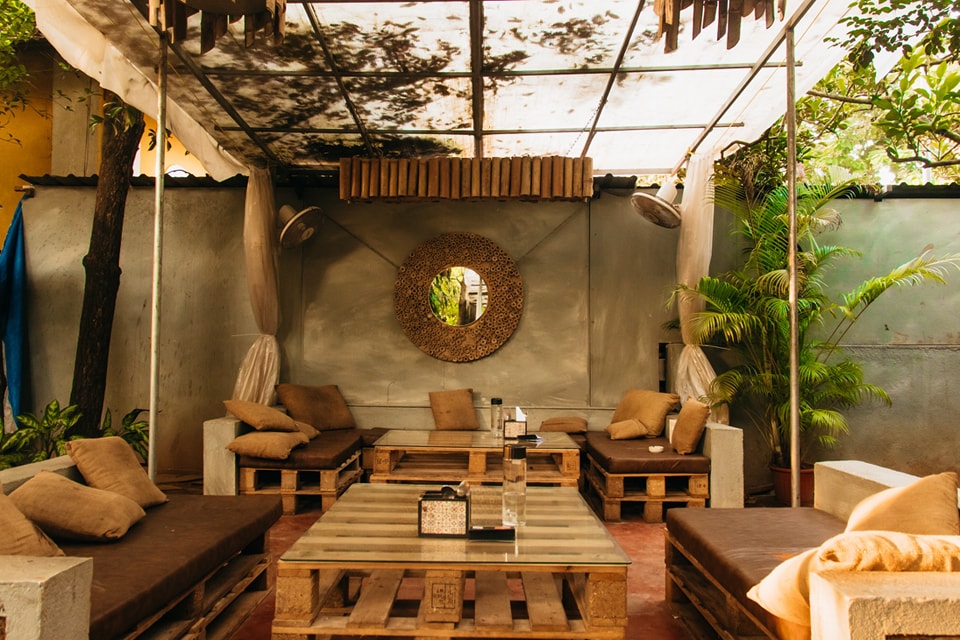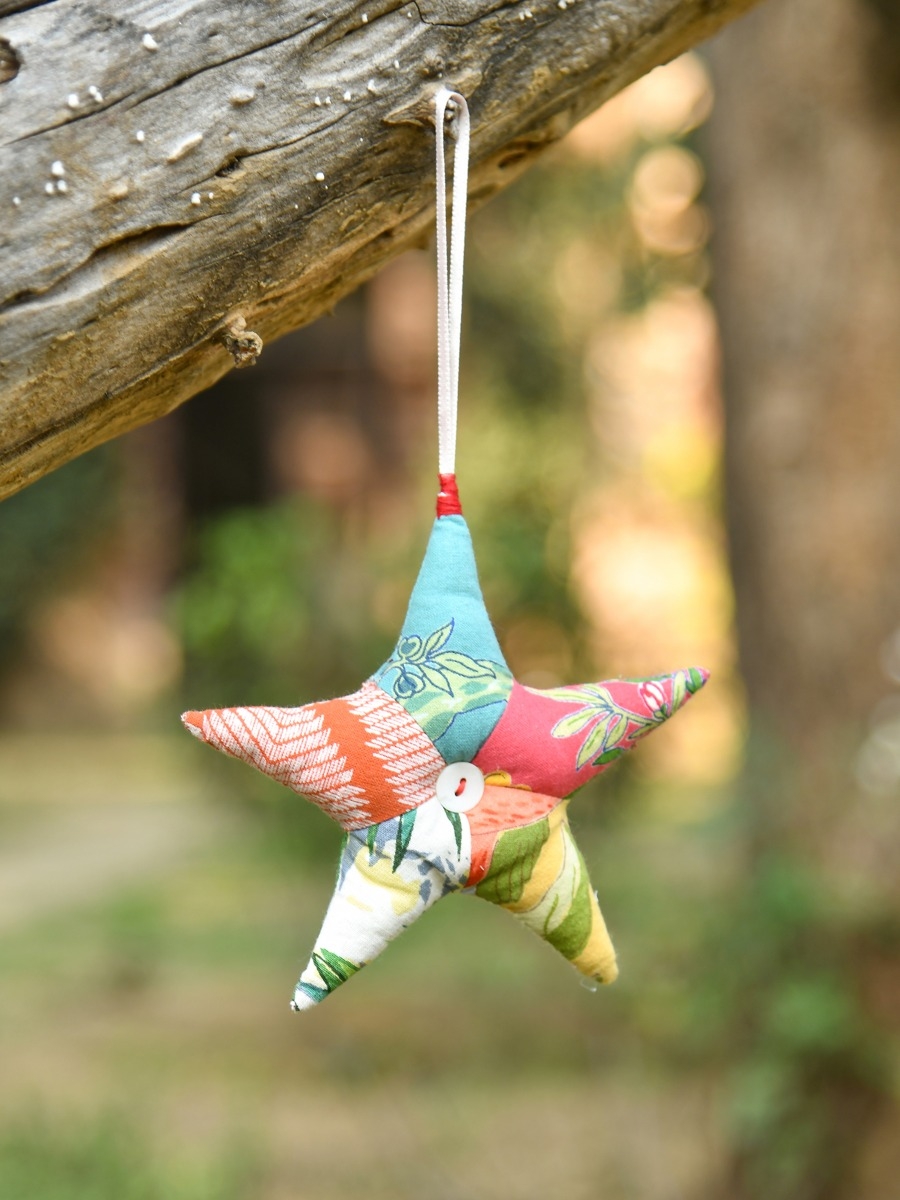~ National Energy Conservation Day is celebrated every December 14 to honour India’s dedication to implementing eco-friendly measures across industry practices.
~ The Government of Goa recently pledged to provide 100 per cent renewable-based electricity to all sectors by 2050.
Panaji, December 2023: Even as India celebrates National Energy Conservation Day on December 14, to showcase the country’s energy conservation efforts and promote awareness about the same in the wake of climate change, institutions as well as businesses in Goa are already taking small steps to eventually make a big difference to the state’s carbon footprint.
The Goa Institute of Management (GIM) which is committed to fulfilling the sustainable development goals established by the United Nations, is adapting its Sanquelim campus towards energy conservation.
“GIM aims to develop the capabilities of students to be future generators of sustainable value for business and society at large. Techniques like fixing leaks, utilising waterless urinals, solar water heating systems and eliminating single-use plastic, if implemented stringently across Goa, will result in low carbon emissions in the coming years, helping India expedite its sustainable development goal journey,” according to Dr. Ajit Parulekar, Director, Goa Institute of Management (GIM), who believes that the green initiatives undertaken at the GIM campus have the potential to be replicated state-wide.
The G20 Climate Risk Atlas, which provides a comprehensive picture of historical trends and future changes in climate, has a grim prognosis for India and if the country does not recourse to utilising a low-emissions pathway immediately, the duration of heatwaves will increase by 2,515 per cent. The high temperatures will devastate the agriculture sector and cost farmers 15 per cent in lost income by 2050.
In light of this, the Government of Goa recently decided to provide 100 per cent renewable-based electricity to all sectors by 2050. “We will start with the introduction of energy-efficient interventions in the Tourism, Transport, Health, Agriculture and Food industries to achieve this,” Chief Minister Pramod Sawant said recently.
Many organisations across Goa have already ensured that they contribute to this goal by implementing a variety of sustainable measures as their way of contributing to energy conservation.
“We need to teach students how to use all parts of the ingredients and avoid wastage. We always leverage the use of local products when teaching our students. This approach works well for various types of culinary endeavours, including Goan cuisine,” says Chef Patrick Albert, head chef of Verna-based Kamaxi College of Culinary Arts.
National Restaurants Association of India (NRAI) – Goa chapter head Prahlad Sukhtankar said that restaurants, however small, should adopt a sustainable approach. “A restaurant should always strive to adopt a sustainable approach, however small. This change can be seen in Panaji, which is now a plastic-free zone. Restaurants in Goa too are using used oil to create biofuel,” he states.
Eco-consciousness has been incorporated into the very structure of BENO, a breakfast café-to-bar located in the heart of Benaulim. Gaurav Bhardwaj, BENO’s proprietor, ensured that sustainability is a huge part of the daily operations. “Our space is designed using upcycled wood from scrapyards around Goa. We procured the waste wood and used it to make our lamps and the entire cabana section. Our wet waste is segregated, with a portion of it fed to poultry and the remaining used to make garden compost,” he says.

Fashion and lifestyle outlets are also making strides to reduce its net carbon footprint. The Shop, a sustainable design house, recently debuted in Goa with a firm commitment to eco-conscious living. For 50 years, it has championed eco-friendliness by utilising solar-heated water, harvesting rainwater and treating production waste. “From making shopping bags out of scrap fabric to our ‘YOU CARE’ range, we creatively upcycle all leftover fabric to craft home decor, accessories and toys, epitomising sustainable living,” states Aishwarya Kumar, Director, The Shop.


